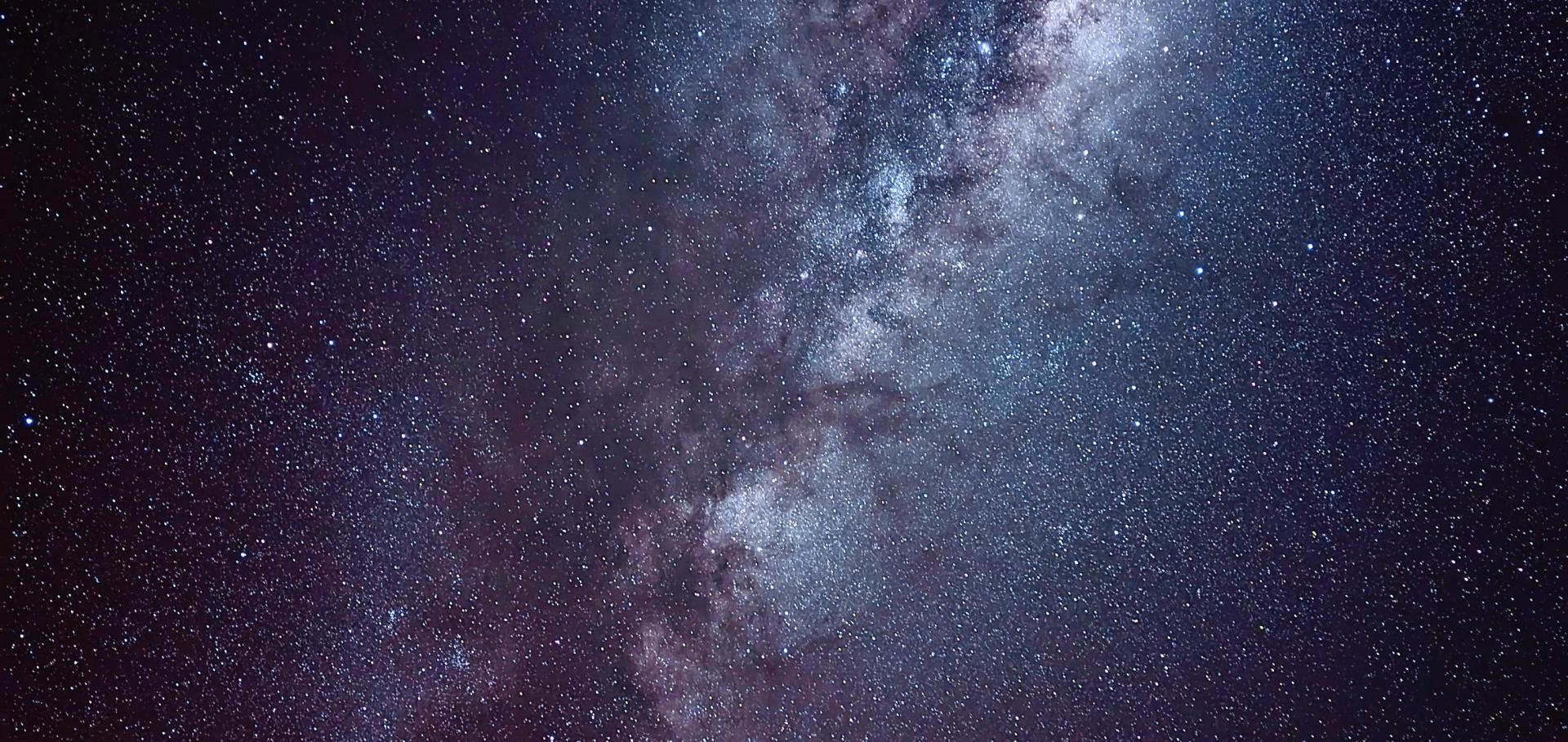My Science interests are at the interface of A.I. (Machine Learning) and Astrophysics.
Studying rare stellar explosions allows us to better understand how the Universe evolved to become a place where life can be created and sustained. Catching these explosions in the act so we can study them requires Sky Surveys such as the Asteroid Terrestrial impact Last Alert System (ATLAS) or the upcoming Vera Rubin Observatory.
I design recommendation systems for Astrophysical Transients to automate as much of the workload from our expert teams as possible so we can focus on understanding the Cosmos rather than sifting through data.
Open Science Principles
I put a lot of effort into creating research outputs that ensure reproducibility and maintainability of my research. You can find all of the data, code, documentation and talks related to the ATLAS Virtual Research Assistant on my zenodo community page.
Funding
My work is supported by a Schmidt A.I. in Science fellowship form the Schmidt Sciences foundation. The Fink VRA project is kindly supported by an International Exchange grant from the Royal Society.
Bio
Originally born and raised in France, I moved to the UK to study Physics and Astronomy at the University of Sheffield. After working as a support astronomer at the Isaac Newton Group in La Palma for a year, I obtained my Masters of Physics in 2015. I subsequently started a PhD studying the 3D shape of Core Collapse Supernovae, and earned my title in Spring 2019. In July of that year, I joined the University of Auckland as a Research Fellow to research the evolution of massive stars to better understand how they die and produce Supernovae and Kilonovae. In 2021 I was honoured to receive the title of Beatrice Tinsley Lecturer by the Royal Astronomical Society of New Zealand. In 2023 I received a Schmidt A.I. in Science Fellowship, and the following year I was awarded the Caroline Herschel Lectureship Prize 2024. In addition to being a research fellow in Oxford, I am a visitng lecturer at the University of Sheffield.

